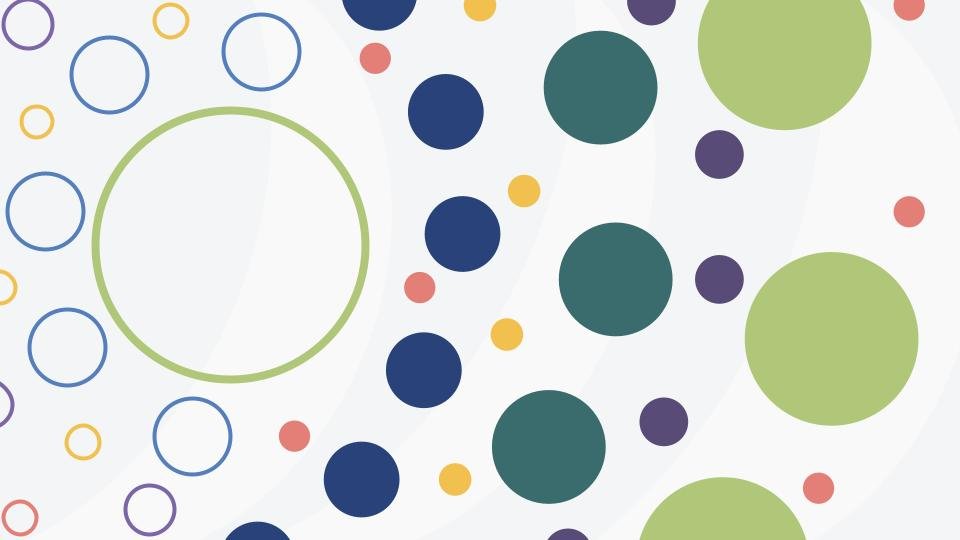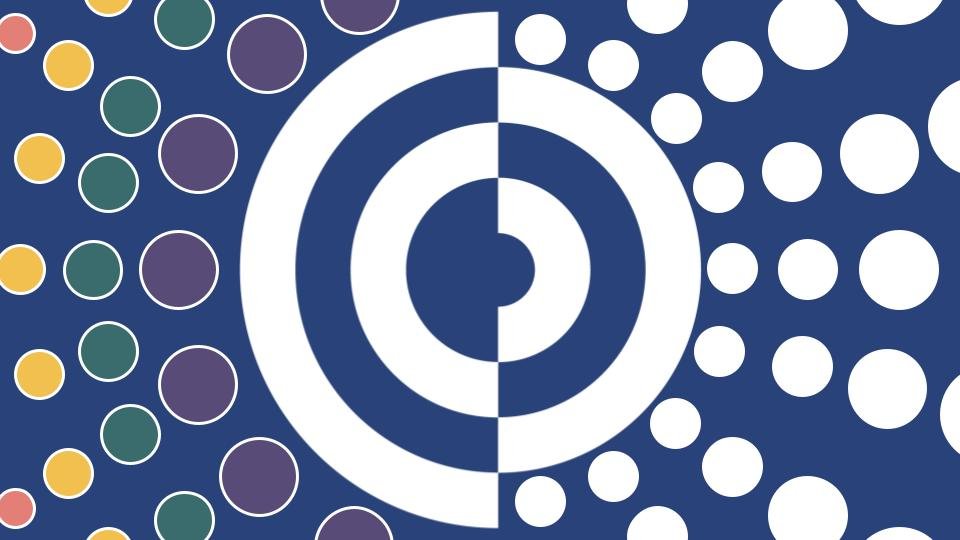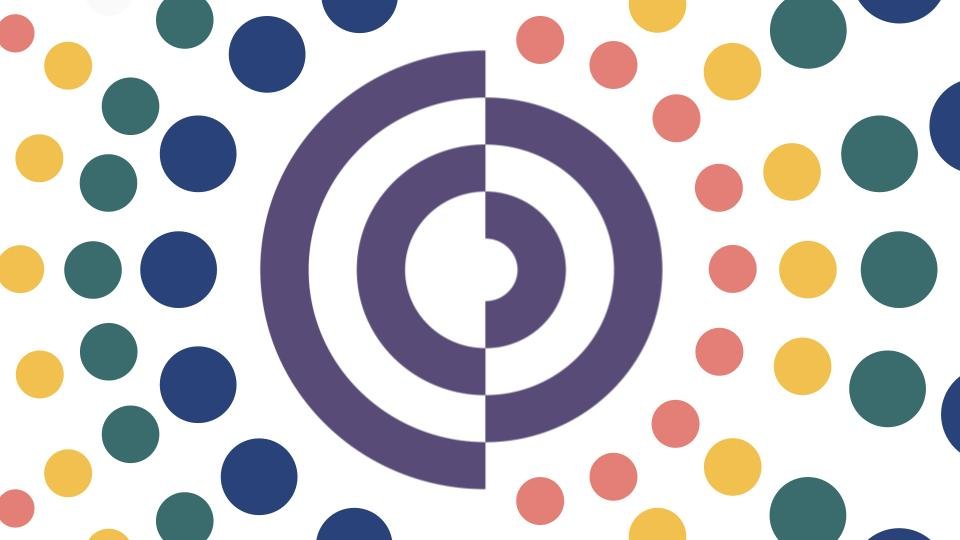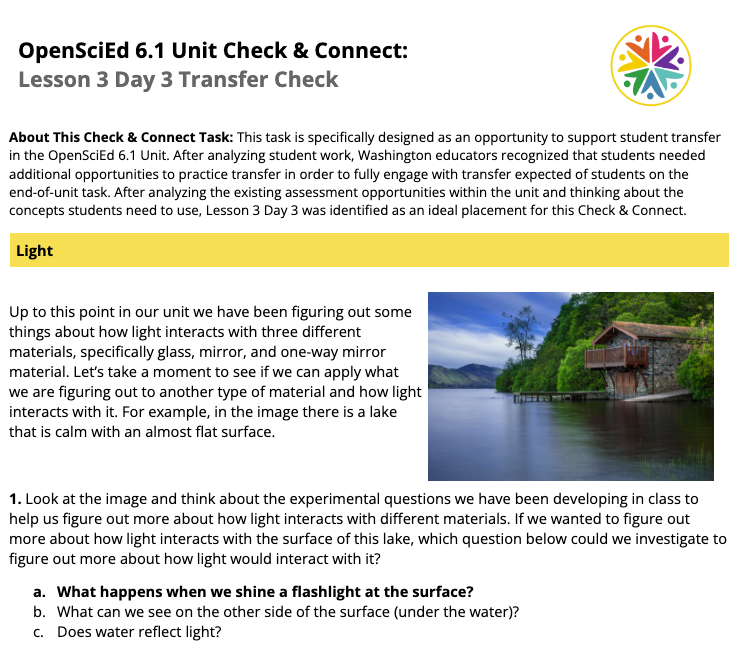Defining Transfer as it Relates to Science: A Brief Review of the Literature and Implications for Assessment
A primary goal of science education is transfer. The ability to use prior learning to creatively solve new problems is especially important in the face of so-called “wicked problems” —complex issues such as climate change that will require interdisciplinary teams of innovative thinkers to resolve. Science education today must equip students to use their learning to tackle broad, intractable problems such as those laid out in the Millennium Project. However, achieving transfer is difficult for a number of reasons. Even once students are successfully instructed in ways that promote transfer, assessing that knowledge can prove difficult.
Learner Centered Unpacking Template
Deeply understanding what knowledge, skills, and abilities are actually needed to meet the vision of the Framework or standards like the Next Generation Science Standards requires spending time analyzing the standards.
NGSS District Assessment Toolkit
This Toolkit is a sustained and supported professional learning experience designed to shift the culture of assessment to one that is more caring. The tools and processes presented here are the result of a pilot with educators from Colorado and Connecticut. The six modules are designed for flexible entry points and pathways to support district teams on a journey to develop more equitable 3D assessment systems with learners at the center.
Washington State’s SAGE Project
The SAGE Project is the culmination of a multi-year project with multiple collaborators to establish and enact a vision for Science Assessment Grounded in Equity. While the tools and resources were designed using OpenSciEd as an instructional materials model, they can be adapted for other materials as well. We invite you to explore all of the resources: Getting Started, Designing Short Assessments & Adapted Tasks, Using Assessments to Improve Teaching & Learning, and Changing Systems
Criteria for an Equitable Grading System
The criteria in this document distinguish between criteria for grades as a product and criteria for grading as a process. Grades are the result of the grading process and in order to have an equitable system, both the process of grading and the grades that are the result of that process must change.
Developing State Assessment Systems That Support Teaching and Learning: What Can the Federal Government Do?
This brief describes three ways that federal executive action can help states realize their visions for more meaningful assessments. To view the full report visit https://learningpolicyinstitute.org/ product/developing-assessment-systems-federal-support.
Example Task:Whale Fall (used for PL)
This is an example tasks that was specifically designed for use in teacher professional learning.
Using student work for relationship building
The beginnings of a practice brief and tool to support using student work in ways that build relationships.
Crosscutting Concepts: A Potential Pathway to Meaningful Science Learning for All
This practice brief elevates the CCCs as a meaningful pathway to engage each and every student in science.
OpenSciEd 8.1 Unit Transfer Task
An adapted OpenSciEd transfer task developed in collaboration wth Washington Educators.
AMSTI Bite-Sized Module: Equity
This AMSTI Bite-Sized Module, Equity, is the third of four Foundations of Three Dimensional Science Assessment modules.
OpenSciEd 6.1 Unit Check & Connect
A short transfer task specifically designed for OpenSciEd Unit 6.1 in collaboration with Washington educators.
Thought Experiments with Jamie and Jordan
This slide deck includes a collection of thought experiments with Jamie and Jordan.
AMSTI Extended Module: Evidence Centered Design
The extended modules expand on the foundational modules by diving deep into task quality. Evidence Centered Design is a 3 part module.
AMSTI Extended Module: Task Evaluation
The extended modules expand on the foundational modules by diving deep into task quality.


















